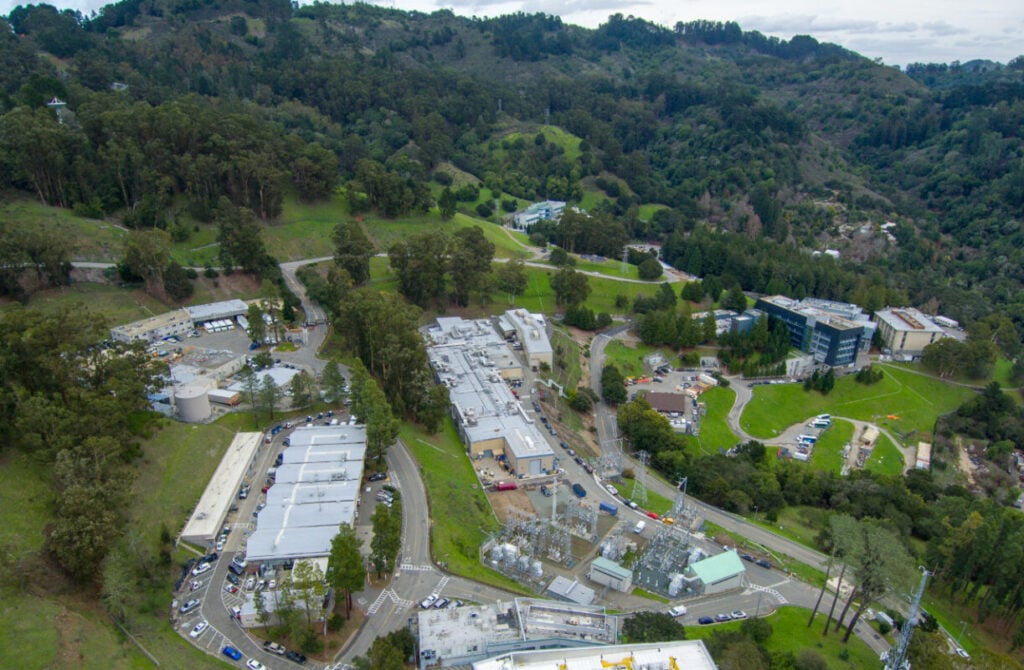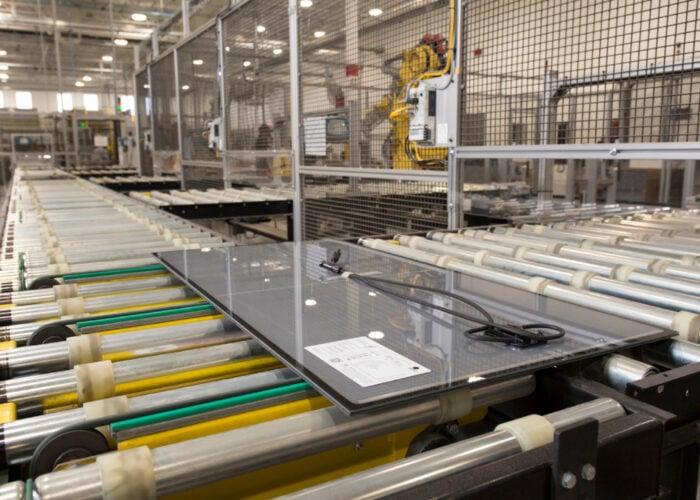
New research from the Lawrence Berkeley National Laboratory (LBNL) has found that the installation of rooftop solar panels on US homes can reduce those homes’ energy burden – the percentage of the household’s gross income spent on meeting energy demand – by as much as an average of two percentage points.
In the study ‘Modeling the potential effects of rooftop solar on household energy burden in the United States,’ the researchers considered the impacts of solar installations on over 400,000 homes in 2021 and found that, on average, these homes’ energy burdens fell from 3.3% of gross income to 1.3%.
Try Premium for just $1
- Full premium access for the first month at only $1
- Converts to an annual rate after 30 days unless cancelled
- Cancel anytime during the trial period
Premium Benefits
- Expert industry analysis and interviews
- Digital access to PV Tech Power journal
- Exclusive event discounts
Or get the full Premium subscription right away
Or continue reading this article for free
These figures do not take into account other economic factors, such as off-bill loans and lease repayments, which are often a component of residential solar systems, and including these factors, the average energy burden fell to 2.6%.
The median customer saw a 1.7 percentage point decline in energy burden, which translates to US$1,987 in annual bill savings. Including off-bill financial impacts, this decline falls to a 0.6 percentage point fall, equal to annual savings of US$691.
The savings vary across economic band, too. Low income homes saw an average reduction in energy burden of 1.76 percentage points, compared to 0.77 percentage points for moderate income groups and 0.47 percentage points for wealthier bands.
Perhaps most strikingly, the homes in the south were the only region profiled to see an average increase in energy burden as a result of installing solar panels, with energy burden increasing by 0.68 percentage points. This compares to a 0.9 percentage point decline in energy burden for homes in the west, a 0.77 percentage point decline for homes in the north-east and a 0.23 percentage point decline for homes in the Midwest.
The researchers suggest that “the relatively low cost of electricity” in the south, particularly Florida, minimises the cost savings that can be delivered through programmes such as rooftop solar installations. According to the US Energy Information Administration (EIA), Florida’s residential electricity rate of 14.69¢/kWh is 11% lower than the national average.
The LBNL scientists suggest these favourable economic conditions have come at a beneficial time for the US rooftop solar sector, as the federal government has already made plans to minimise the energy burden for lower-income homes through its Justice40 initiative. Earlier this year, the Department of Energy invested US$71 million in new solar manufacturing projects as part of this initiative, as the government looks to shore up its domestic solar sector.






